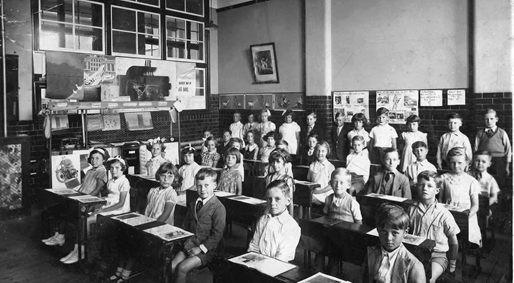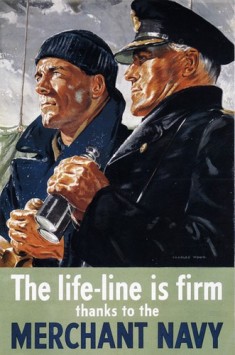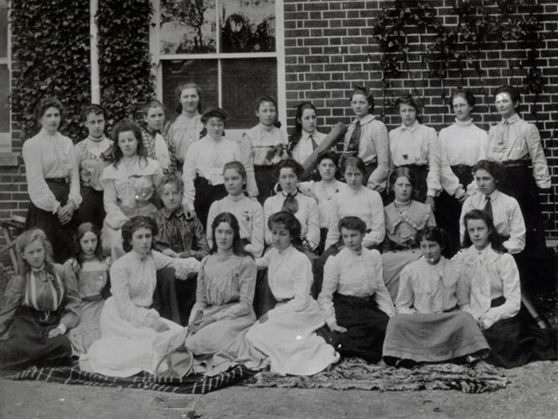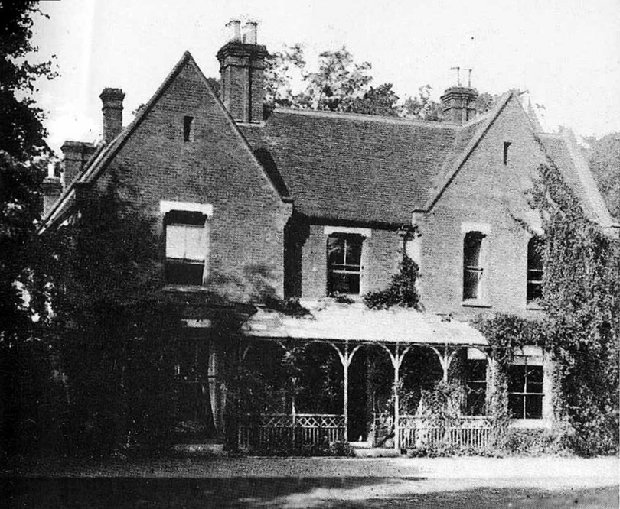Rosa Bell (b.1902): Education and Schooling
In the early nineteenth century only around half of the population were literate enough to sign their own names as recorded by the ability to sign the national marriage register. However, no more than eighty years later in 1914, England had progressed to almost among the population – working, middle and upper class alike. [1]
The rise in literacy levels can be directly attributed to the increase of the importance of institutional schooling and education. Yet more importantly, the rise of the desire within the working classes for not just self-improvement but mutual-improvement grew as the era saw a rise in and more entertainment and leisure time was linked with a desire for knowledge. [2]

Rosa Bell in her memoir, R.M. Remembers, discusses the different forms of education and schooling she received throughout her childhood in the early twentieth century – from formal schooling and education to informal and personal studies in reading rooms and private study groups.
In 1876, attendance became mandatory until children where 10 years of age due to the . In 1913, the minimum mandatory education attendance was increased to 13 years of age. [3] I estimate from the details provided in her memoir that Rosa left school in 1914, at the age of 12, as that is the last mention of her schooling days before entering the work force.
In relation to formal education and schooling, Rosa attended the school in her village. She describes that “it had been built through the generosity of a village Boy who went to sea at an early age and became a Captain in the . It was said of him that he once vowed he’d build a school on the place where he [settled?]” (p.132).

Rosa remembers her schooling days quite fondly, in particular the influence of her schoolmaster and the headmistress and their “wonderful” (p.135) teachings. Of her schoolmaster, Rosa writes that he “was so interested in me” and “had me out in front of the class to read to them” (p.134). This implies that Rosa was well versed in reading, and subsequently writing, supporting the earlier statistics of rising literacy levels in this period (see Reading and Writing). She also adds that a school inspector “once said of me that Girl with the frizzy hair is the sharpest of them all” (p.136).
It is therefore not surprising to find out that as she neared the end of her formal elementary education, Rosa was offered a bursary to attend . The merchant navy captain who built the village school “also left a Bursary so that any child who was clever enough could be sent to a Grammar school. I was one of them but my parents could not at that time afford the extra cash needed for Books, Railway Fares etc” (p.132-133). It is unfortunate to say but this was most likely the case for many working-class children who wished to further their education but were limited by financial difficulties.

In relation to informal schooling, in the chapter entitled ‘what we do with our spare time’, Rosa discusses the classes she would take at the village . Rosa writes that in the rectory they were taught in the “School Room” which had “an enormous Fire Place and a long table where he used to teach us French & Algebra. I was so interested in all the things he taught me and he was so keen that I should go to a Grammar School” (p.106). As we are aware, Rosa never achieved her dream of grammar school and adds that after realising she could not attend she “was so disappointed and also lost my interest in becoming a better Scholar” (p.107), and resigned herself to giving up on her studies.

Overall Rosa had a strong desire for knowledge and held very positive memories of her time within school and education. However, as her education was halted much earlier than she wanted it to be, she lost interest in the idea of learning by knowing she could go no further in academia. Rosa, reflecting on her loss of interest, writes to herself: “my my old gal you did not get very far in your life did you I say to myself. What a dreadful failure I have been” (p.136).
Thus with the prospects of being a scholar left behind her, she turned to the workforce, getting her first job as a dressmaker’s apprentice at age 14 1/2 (see Life and Labour Blog Post).
Memoir:
Bell, Rosa. “R.M Remembers.” Burnett Archive of Working Class Autobiographies, University of Brunel Library, Special Collections, 2:59, available at:
Citations:
[1] Vincent, David. (1989) Literacy and Popular Culture: England 1750-1914. Cambridge: Cambridge University Press. (pp. 1, 22)
[2] Rogers, Helen. ‘Importance of Self Education’ and ‘Importance of Sharing’ Education and Schooling Lecture. Date: 28/02/2019.
[3] Rogers, Helen. ‘Compulsory Elementary Education.’ Education and Schooling Lecture. Writing Lives course, LJMU. Date: 28/02/2019
Images:
[1] Silver Street School – https://www.1900s.org.uk/images-1937-raked-classroom.htm
[2] Navy Recruitment Poster – http://www.thememoryproject.com/stories/1284:jacques-joseph-plourde/
[3] Farlington House – https://www.pinterest.co.uk/pin/111393790761418477/?lp=true
[4] Borley Rectory – http://www.foxearth.org.uk/BorleyRectoryPictures/Page.html

Leave a Reply